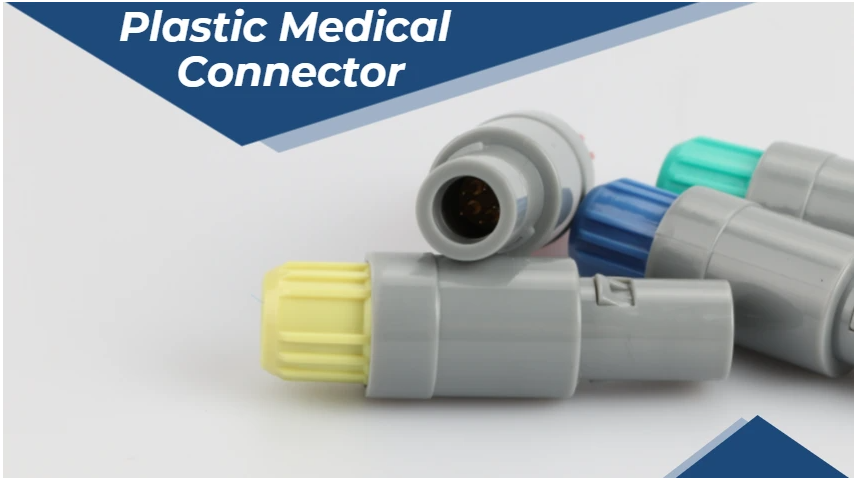In the field of electrical engineering, electrical connectors hold great importance for the connection of different electrical devices to ensure efficient and safe transmission of electricity. The connectors play a crucial role in various applications, ranging from computers and smartphones to automobiles and aircraft. A wire, which carries electrical currents, connects two or more electrical devices through connectors. Custom electrical connectors come in different types, sizes, shapes and designs, making it important to understand their characteristics and applications to make the best choice for your specific needs.
Subheading 1: Types of Electrical Connectors
The first category of electrical connectors is Terminal Blocks. Available in both two and three-wire versions, terminal blocks are the most simple, easy-to-use connectors available today. It is equipped with a pair of screws, and wires can be clamped easily onto them. These connectors are available in both screw terminal and stud terminal versions, providing flexibility for different electrical connector types of applications.
The second category of electrical connectors is Pin & Sleeve Connectors. Pin & Sleeve Connectors are designed for heavy-duty applications and ensure high-reliability power connections. They are used in various industrial applications, including circuits for large machines, generators, and robots. The connectors come in different rated voltages depending upon the application which can cater to low voltage applications like home appliances or high voltage applications concerning industrial plants.
Subheading 2: Applications of Electrical Connectors
The application of electrical connectors is vast, serving various industries such as the automobile, aviation, and electronics industries. In the automobile industry, connectors are used for the different electrical systems that are mandatory in modern vehicles such as headlights, air conditioning, and power steering. These connectors have to be strong, well insulated and resistant to mechanical strain, dirt, and outside vibrations to ensure vehicle safety.
In the aviation industry, electrical connectors ensure safe and reliable power transmission for various systems such as autopilot, navigation, data communication, and lighting. The connectors in Aircraft must perform flawlessly and have the capacity to resist adverse weather conditions and maintain reliable electrical contacts near the engine and its systems.

Subheading 3: Environment of electrical connectors
Understanding the environment of electrical connectors is crucial to maintain the effective functioning of the connectors. The environment of the connectors includes various factors like temperature, humidity and vibrations. Depending upon the application and environmental factors, electrical connectors come with different IP ratings that determine its ability to resist dust, moisture, and water.
There are different environmental factors that connectors have to face such as high temperatures of up to 200 degrees Celsius, while some operate flawlessly in cryogenic temperature as well. Connectors should also be designed to face high vibrations, and shock resistance, which allows them to work optimally in highly active and dynamic applications.
Subheading 4: Factors to Consider While Choosing Electrical Connectors
Despite the variety of connectors available, choosing the right electrical connector for your specific application depends on various factors. These factors include the type of application, environmental conditions, connector material and the production budget.
For example, if you are working in an industry where the wholesale electrical connectors need to transport high energy, a Pin& Sleeve connector could be a better option than other simpler types. Similarly, different connector materials come with unique properties such as resistance to weathering, impact resistance or high temperature resistance, etc.
Subheading 5: Conclusion
In conclusion, the selection of the right electrical connector depends on the type of application, environmental conditions and the application budget. Electrical connectors come in different shapes, sizes, and materials, and therefore it’s always beneficial to consult electrical connector suppliers to make the best choice. Proper choice of connector and regular maintenance can ensure that the system remains efficient and safe in use. Whether you’re investing in a terminal block or a heavy-duty industrial connector, you must always do your research to make the best choice to fulfill the specific requirements of your application.